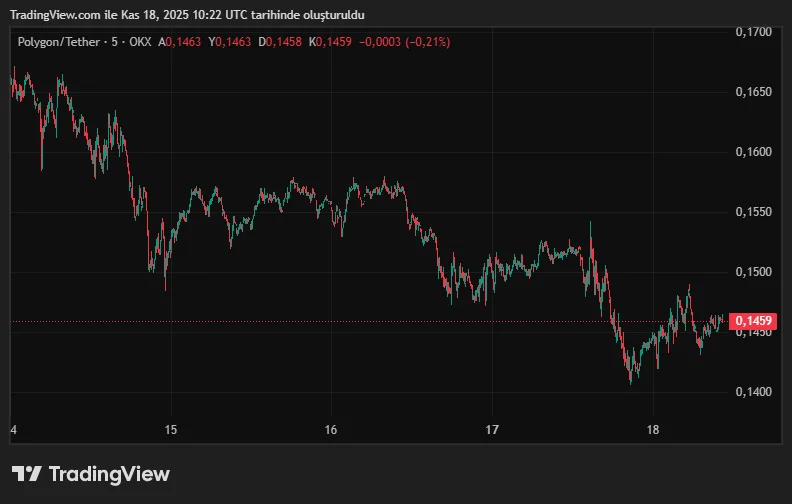Mastercard has taken a significant step toward making cryptocurrency transfers more understandable and error-proof for everyone. The company is collaborating with Polygon network and payment infrastructure provider Mercuryo to launch a new system where users can transfer using verified usernames instead of long, complex wallet addresses. Here are the details…
Mastercard Selects Polygon
Mastercard has taken a new step toward simplifying the user experience in the crypto world with a partnership between Polygon and Mercuryo. These three parties have announced a system expansion that allows users to transfer using verified usernames (aliases) instead of long, complex crypto wallet addresses.
One of the biggest challenges faced in traditional crypto transfers is the error-prone nature of long wallet addresses, consisting of alphanumeric characters starting with "0x." With Mastercard's new system, users will be able to perform transactions by entering a name or username. Mercuryo will handle the pre-registration and identity verification process; an alias will be assigned to the verified user. This alias will be linked to the user's self-custody wallet. After assigning an alias, users will also be able to request a "soulbound token" (a binding token that doesn't circulate) on the Polygon network. This token will serve as an on-chain indicator that the wallet in question belongs to a verified user. This allows transactions to be made with a verified username, providing a layer of verification above the user's real identity without directly transferring it to the blockchain.
Technological Choice: Polygon
Mastercard considered Polygon Labs' speed, low transaction costs, and payment-focused architecture in its infrastructure selection. The Polygon network was chosen because it offers performance and scalability that can seamlessly handle high-volume payments. This means the system is designed for real-world use.
So, why is this development significant? Let's explain it in three points:
- Users sending crypto to the wrong address is a common risk. Transactions with a simple username instead of long addresses can mitigate this risk.
- As the trend toward self-custody, where users fully own their own wallets, grows, a lack of verification can create fear. This system both preserves ownership and adds a layer of identity.
- It creates a user-friendly experience similar to the traditional payment experience for crypto payments and asset transfers, which could accelerate adoption.
How does the process work?
- The user is authenticated through Mercuryo.
- After verification, the user is granted an alias, which is linked to the user's wallet.
- The user can optionally acquire a soulbound token on the Polygon network, which proves on-chain that the wallet belongs to a verified user.
- Crypto transfers can now be made using this username instead of long addresses; the recipient enters the username, and the transaction is processed.
At the time of writing, Polygon's POL coin appears unaffected by this development: it has fallen 3 percent in the last 24 hours, trading at $0.14. However, it's worth noting that this decline is driven by a broader cryptocurrency market crash.





